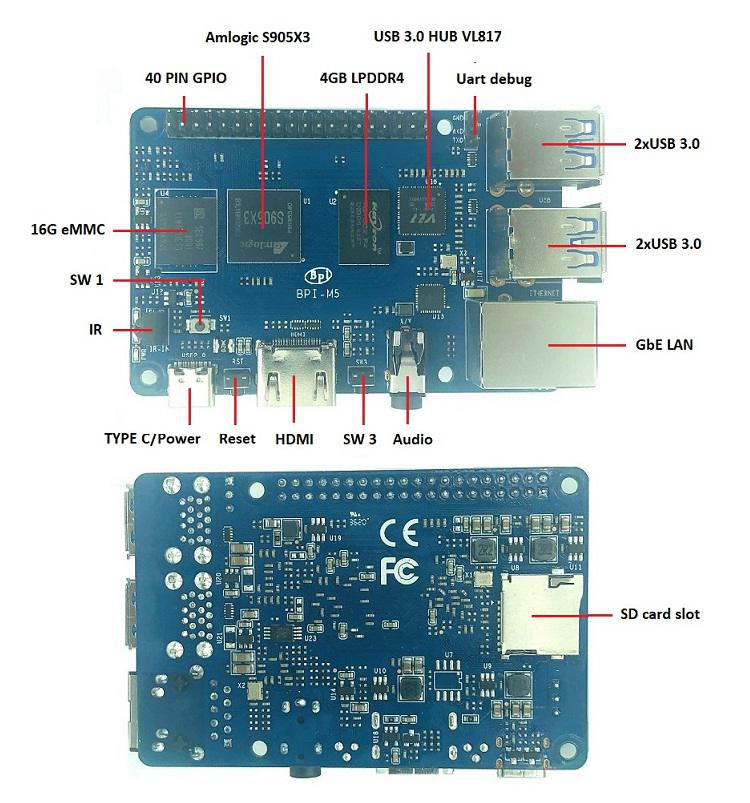
Ubuntu includes an ARM cross compiler in its standard package step. If this is not the case, see the section below that describes the Linaro compiler. The toolchain you pick needs to have its associated libgcc compiled in a manner that is compatible with the RPi's ARM CPU. Pick one of the options below, and ignore the others. an x86 PC, you will need an ARM cross-compiler. If you are building U-Boot on a different system, e.g. If you are building U-Boot on a Raspberry Pi, or other ARM platform, you can skip this step the native compiler already generates ARM instructions. fw_printenv/fw_setenv are installed together with a fw_env.config. This will automatically modify config.txt to boot with u-boot and always boot from the kernel with the mpst current version number, provided it has been installed using one of the standard kernel images (linux-image-rpi-rpfv/linux-image-rpi2-rpfv).Ī working uboot.env is supplied with the package take care that it will be overwritten on reinstalls.
U BOOT RASPBERRY PI 4 INSTALL
Inside the directory and install the debian package built one level up. To build a Debian package (recommended to do on a RPi or a qemu-static buildroot, cross-compiling is untested and unsupported), run The debian_rpi branch contains a replacement debian/ packaging directory. This branch is based off mainline HEAD and adds FDT/ATAG cmdline passthrough this makes loading and compositing the FDT yourself in u-boot unneccessary.
U BOOT RASPBERRY PI 4 DOWNLOAD
You can download a source tarball from this link. Git checkout -b your_branch_name github_gonzoua_u-boot-pi/rpi Git remote add github_gonzoua_u-boot-pi git:///gonzoua/u-boot-pi.git Git clone -b rpi git:///gonzoua/u-boot-pi.git To build it yourself, get the source from git:///gonzoua/u-boot-pi.git branch rpi. These releases are meant to boot FreeBSD if you're booting Linux, copy only the u-boot binary to your boot partition and follow the instructions later on this page. Oleksandr's branch contains working USB support. Git checkout -b rpi_dev github_swarren_u-boot/rpi_dev Git remote add github_swarren_u-boot git:///swarren/u-boot.git Note that this branch is often rebased, and almost certainly contains work other than mainline-quality RPi-related patches.

His work-in-progress repository is git:///swarren/u-boot.git branch rpi_dev. Some patches will appear in his work-in-progress repository before they get upstream. Stephen Warren works on RPi support in mainline U-Boot. Git checkout -b your_branch_name u-boot/master To add this repository to an existing local repository: To download this repository into a new local repository (this is what you want if you don't know better):

USB Ethernet devices are typically high-speed and hence work, and USB keyboards are typically low-/full-speed devices and hence do not currently work. USB low-/full-speed (USB 1.0) devices do not currently work. This version supports the UART (serial port), SD card, HDMI display, and USB high-speed devices. At this point in time, you should expect to use this repository for all purposes. The primary repository for U-Boot is git:///u-boot.git master branch. The only exception is if you're actively collaborating with another developer on a specific feature. You will to download the source from one of the locations below pick one, and ignore the others.Īt this point in time, mainline U-Boot is recommended for all purposes all features should be present in mainline U-Boot now. Various forks of U-Boot contain (different levels of) support for the Raspberry Pi.
U BOOT RASPBERRY PI 4 HOW TO
This page explains how to get U-Boot working on the RPi, and explains how to boot images off both the SD card and over TFTP from the network. If you wish to run an upstream kernel, booting it via U-Boot is recommended. U-Boot can be used on the RPi to add flexibility by allowing other boot configurations to be used on top of the single specified file on the SD card. Programming - programming languages that might be used on the Raspberry Pi.ĭas U-Boot, often abbreviated to just U-Boot, is a bootloader commonly used on embedded systems. Performance - measures of the Raspberry Pi's performance. Kernel Compilation - advice on compiling a kernel.

2.2 Stephen Warren's work-in-progress branchĭistributions - operating systems and development environments for the Raspberry Pi.


 0 kommentar(er)
0 kommentar(er)
